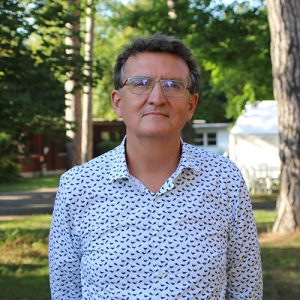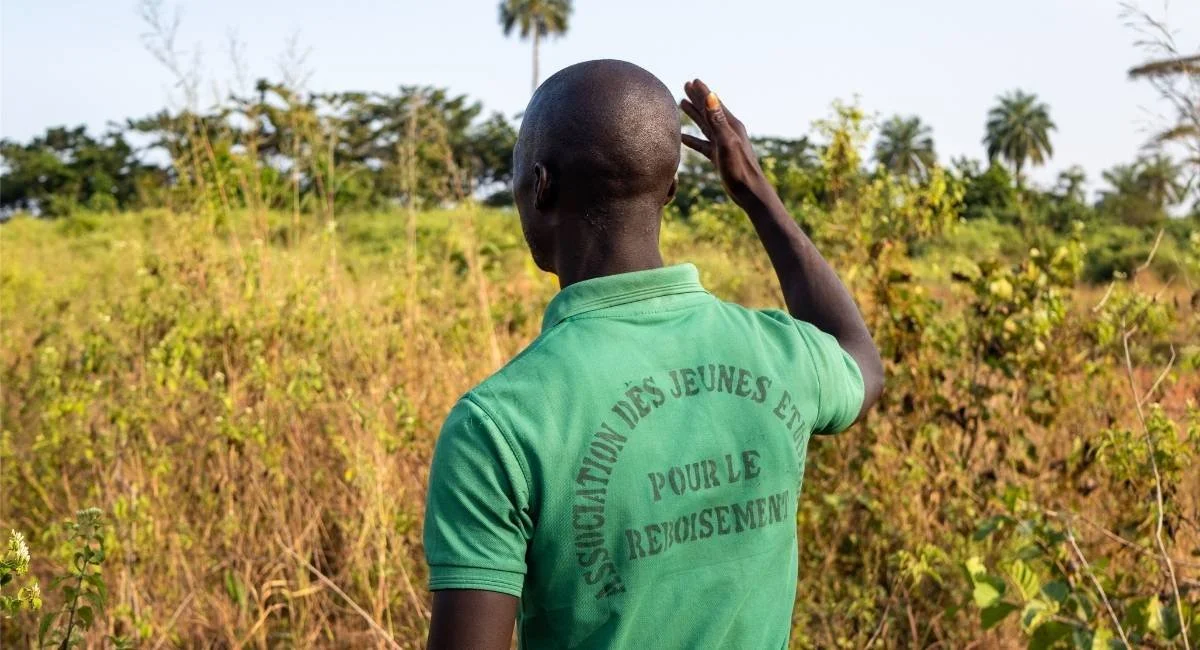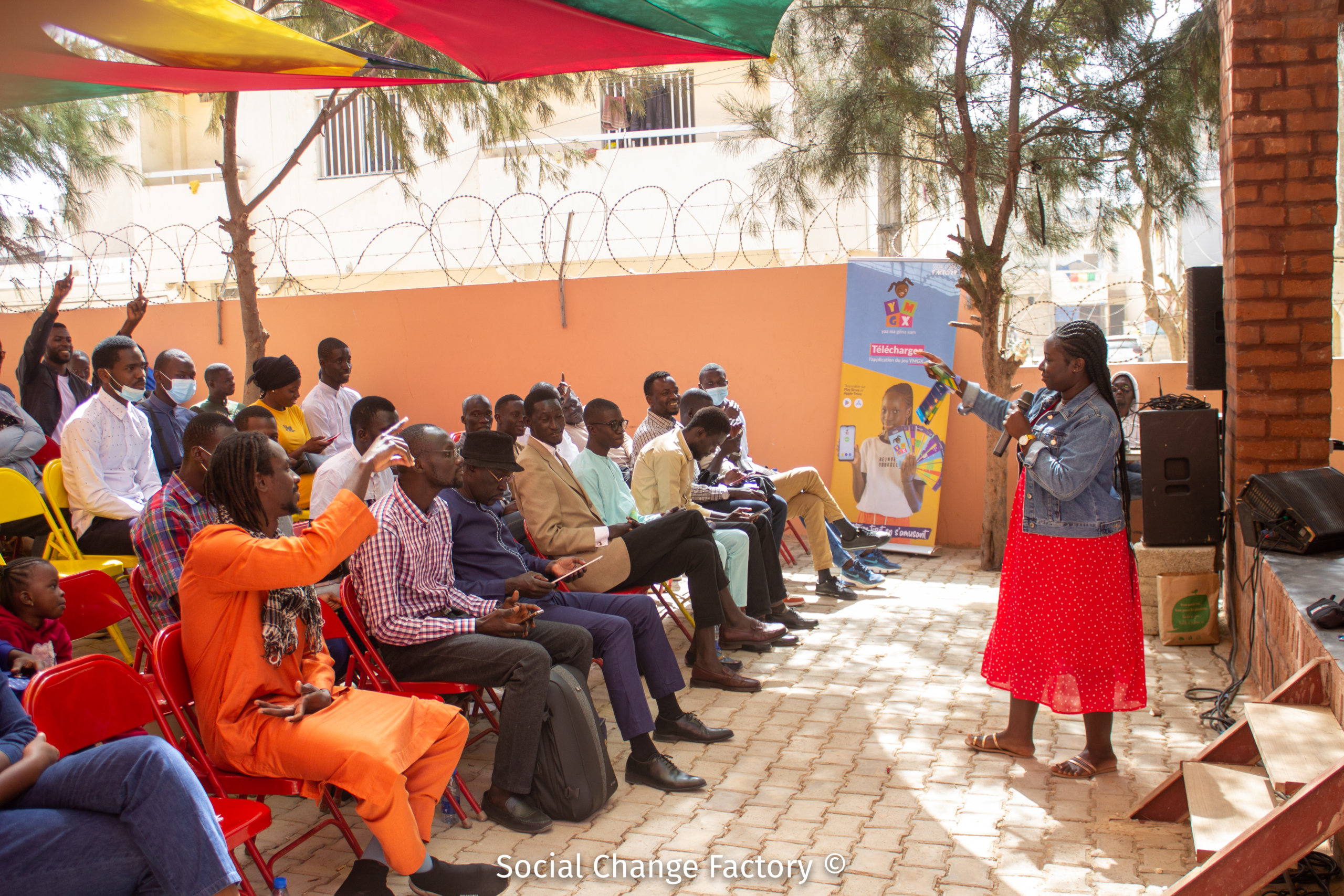Luc Arnaud has been GRET’s new Executive Director Since 26 August 2019. He had been GRET’s Representative in Madagascar for 18 years, and previously held the same role in Mauritania for ten years. He presented us with his vision for GRET and spoke to us about the main challenges likely to punctuate his mandate.
You have been working with GRET for a long time. How do you perceive the NGO’s evolution and what are the changes to which you wish to contribute during your mandate?
I have been working with GRET for more than 30 years. When I first joined the organisation, it was an NGO producing methodological guides, technical publications. Little by little, GRET began focusing on project implementation. In fact, I was involved in conducting the first projects, in particular the Alizée project in Mauritania (NDLR: a wind-pump project).
Down through the years, GRET realised it needed to take a long-term approach. Representations were put in place in countries, teams got bigger and became real experts. Today, GRET has 13 representations worldwide, with technical experts capable of providing a lot for the development of their countries.
With regards changes ahead, firstly I wish to continue making GRET an international NGO, capable of responding to the challenges of innovation and development. GRET has a rich blend of ideas, viewpoints, cultures and encounters. We are an NGO in the field, but also a sort of laboratory, a think tank. We are capable of co-constructing, working for example with farmers and researchers, or with the inhabitants of a neighbourhood and public authorities, urban planning agencies, etc. I think of a rather “rhizomic” GRET, where information, ideas and positive energies circulate among all the members of the organisation, whatever their position or their function.
What are GRET’s main challenges for the years ahead?
In my opinion, the main challenge is to contribute to development in the countries where we are working, by taking climate change into account. This was the subject of our annual internal seminar, which took place at the end of August. I think it is necessary to re-question our projects, our modes of action, our vision of the world. GRET must be transversal and must respond to the challenge represented by climate change.
The other challenge is to ensure our means of action, which will require sound economic health. This is why I think it is necessary to diversify our sources of funding and develop collection of private funds, in order to guarantee our freedom of action and speech.
Today is the fourth anniversary of the sustainable development goals. Is this a subject to which GRET would like to commit further?
GRET has not yet fully taken up the sustainable development goals (SDGs). The SDGs represent a universal language and it would be interesting to describe GRET’s projects in light of this perspective For the moment we are not doing this, we never ask “How many SDGs does this action contribute to exactly, and how?”. We need to work on illustrating our project via these goals and highlighting the results we will obtain.




